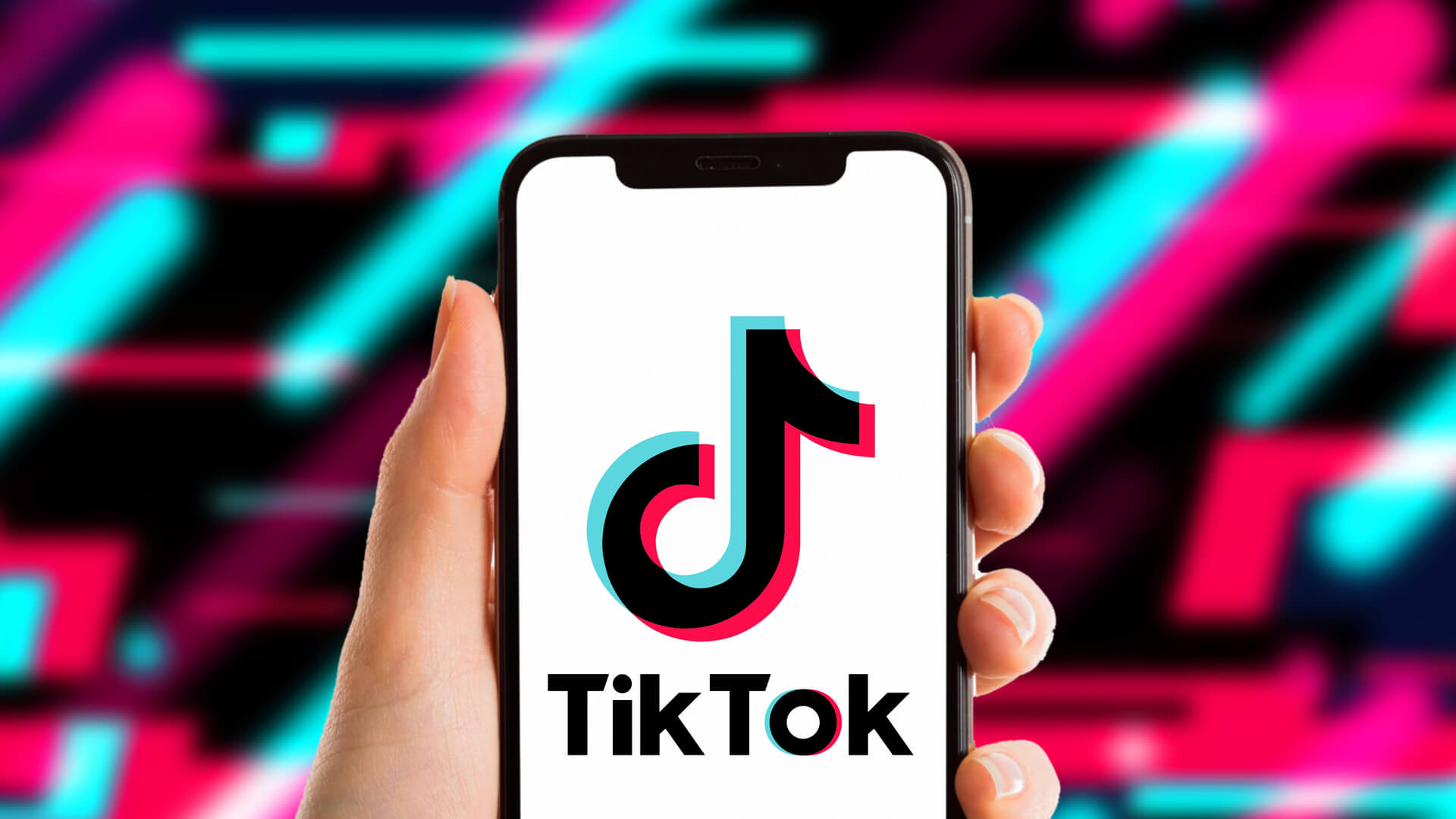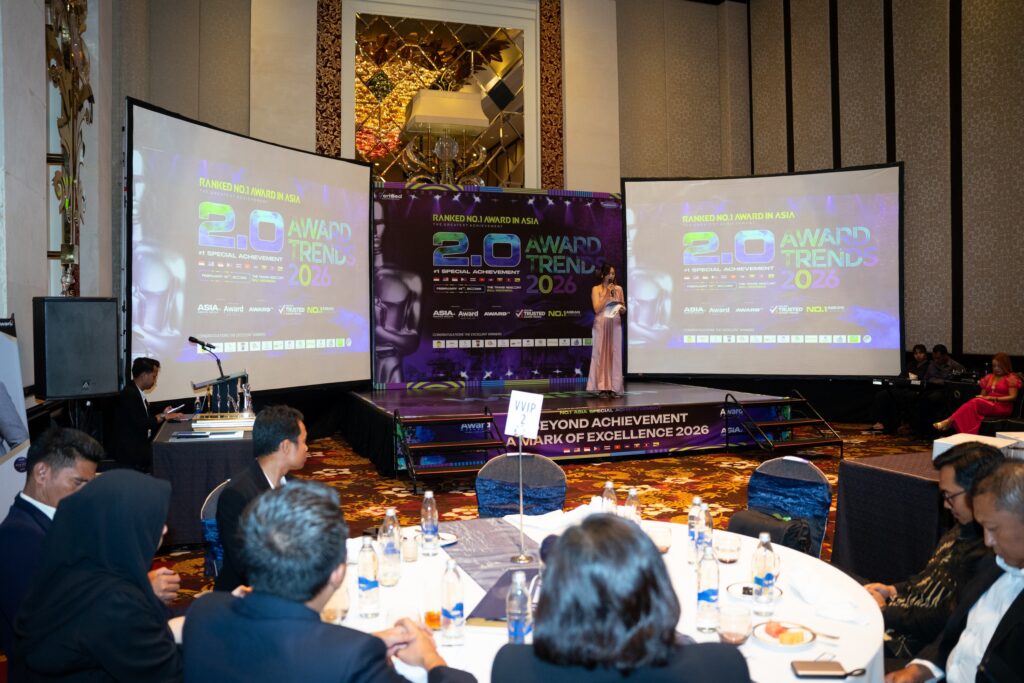New York — The countdown has begun for TikTok’s 170 million U.S.-based users, as the beloved app faces a looming ban set to take effect on January 19, 2025. This potential prohibition comes in the wake of a U.S. appeals court ruling on Friday that upheld a controversial law requiring TikTok’s divestiture from its Chinese parent company, ByteDance, or a complete cessation of its operations within the country.
The ruling has cast a shadow over one of the most popular social media platforms in the world, leaving users, creators, and stakeholders grappling with uncertainty. For many, TikTok is more than an app—it’s a vital space for connection, expression, and economic opportunity. As the January deadline inches closer, questions about what lies ahead for TikTok and its vast user base continue to mount.
The Implications of the Ban and TikTok’s Response
The law places significant pressure on app stores and tech companies, imposing heavy fines if they continue to host TikTok after the ban deadline without a mandated divestiture. For users who already have the app installed, this could mean restricted functionality over time, as updates would cease, leading to technical glitches and eventual obsolescence.
TikTok has signaled its intention to fight the ruling, with plans to escalate the matter to the Supreme Court. In a statement, TikTok spokesperson Michael Hughes expressed confidence in the Court’s historical commitment to protecting free speech, emphasizing the platform’s role as a vital medium for millions of Americans. “The ban, if enacted, will silence the voices of over 170 million Americans and countless others worldwide,” Hughes stated.
Despite this firm stance, TikTok has made it clear it will not sever its ties with ByteDance, a decision that puts the platform on a collision course with U.S. lawmakers.
Legal Maneuvers and the Path to the Supreme Court
TikTok’s appeal to the Supreme Court marks a pivotal moment in its fight against the ban. Legal experts believe the platform may request a stay—a temporary pause on the enforcement of the law—while the Court reviews the case. If granted, this could delay the ban, offering TikTok a brief reprieve.
Josh Schiller, a partner at Boies Schiller Flexner, predicts that the Supreme Court could expedite its review, potentially scheduling oral arguments in early January. However, Schiller also warns of an uphill battle, given the Court’s conservative composition and its focus on national security concerns.
Not all legal experts are optimistic about TikTok’s chances. Gautam Hans, a professor at Cornell Law School, noted the appeals court’s meticulous framing of its decision to minimize the likelihood of Supreme Court intervention. “National security claims were treated with utmost seriousness,” Hans observed, hinting that this could sway the justices against TikTok.
The Role of Political Actors
Amidst the legal showdown, political developments could also shape TikTok’s fate. President-elect Donald Trump, despite having initiated efforts to ban TikTok during his previous term, has recently softened his stance. In a video posted on TikTok itself, Trump assured users he would “never ban TikTok.”
However, his ability to influence the ban remains uncertain. With the law set to take effect just one day before his inauguration, Trump’s options are limited. He could lobby Congress to repeal the law—a challenging feat—or leverage presidential authority to reinterpret or delay its enforcement.
Experts suggest that Trump could signal leniency to tech partners like Apple, reassuring them about continuing to host TikTok despite the ban. Alternatively, he might invoke provisions of the law to declare compliance on TikTok’s part, though such a move would be contentious and susceptible to legal challenges.
Voices from the TikTok Community
The looming ban has sparked anxiety among TikTok’s diverse community, from casual users to professional creators who rely on the platform for their livelihoods. Many creators, like lifestyle influencer Carrie Berk, expressed concern about the uncertainty surrounding the app’s future. “TikTok is a significant part of my income and connection with my audience,” Berk said. “The possibility of a ban is unsettling, but after years of similar discussions, I remain cautiously optimistic.”
Others, like content strategist Keenya Kelly, maintain hope that TikTok’s economic impact—particularly on small businesses—will shield it from a full ban. “I don’t think it will be banned outright,” Kelly remarked, citing the app’s critical role in driving commerce and creativity in the U.S.
The Road Ahead
As the deadline looms, the battle over TikTok underscores larger questions about data privacy, national security, and free expression in the digital age. With legal appeals, political negotiations, and public outcry all unfolding simultaneously, the app’s future hangs in the balance.
For now, TikTok users and stakeholders can only watch and wait as one of the most defining tech sagas of the decade plays out. Whether the app will weather this storm or succumb to regulatory pressures remains a question that only time—and the courts—can answer.







